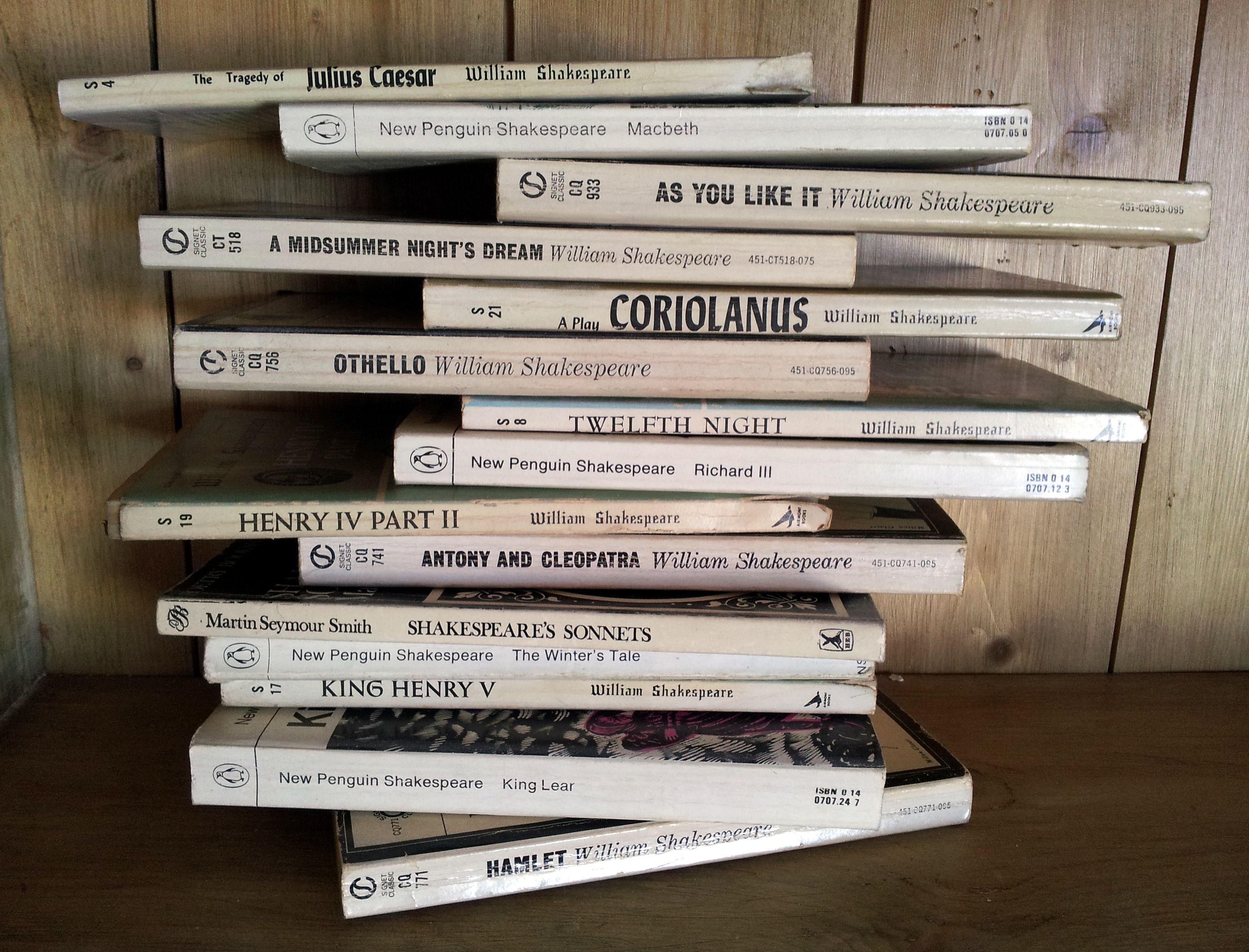Getting Teenage Boys to Love English Literature – Georgia Neale
Georgia Neale teaches English at Ringmer Community College in East Sussex. Getting teenage boys to love English Literature is a challenge, but she is equal to the task…

My strategy is to use ways of making the central relationship in the story more accessible and understandable. One of these is by using film adaptations where the romance develops on screen in a way that prepares the students for scenes before they actually read them. Another is by focusing on the context for many great love stories – hatred, violence, jealousy and murder. Seeking out the gruesome underbelly of the tale always generates interest. Wuthering Heights is filled with anger and rage, thus developing their understanding of the love through the wildness of the surroundings and anger of the men towards each other. Focusing on Heathcliff’s soppy nature is not a clincher for teenagers. However, the fighting and death are paramount and through these, at times, disturbing scenes they are able to find the true meaning, the forbidden love between Catherine and her Heathcliff. Luckily, Wuthering Heights was also made into a fantastic adaptation for the BBC. This dark portrayal, with current actors, has ensured that classes are hooked into the mesmerising romance without meaning to be. This feature has allowed many of my students to put faces to names and alongside the graphic novel (by Classical Comics) ensures students are not scared by the reputation of a classic novel; with its small font and long winded sentences.
Modern adaptations of Shakespeare include Baz Luhrman’s Romeo + Juliet, a favourite with teachers because it uses the language of the play in a modern setting. The feud between adherents of Montague and Capulet is exchanged for gang warfare and the brutality of the play is a shocking contrast to the forbidden relationship of the young lovers. Similarly the use of A West Side Story has been successful due to the onus being on the war between the two gangs. Boys react differently to the notions of war and the relationships they bring. It is unlikely that a teenage boy will respond to the fragile feelings and purely simplistic love of two “star-crossed lovers”.
Comparing relationships with those in a current popular TV series can be another way of stimulating interest from students. Some boys in my Key Stage 4 classes were obsessed with Breaking Bad and the parallels with the relationship between Juliet and her father were compared with that of Walter and Jesse. This unconventional relationship allowed the class to understand the intricacies of a sometimes carefree but reckless bond. Romeo and Juliet, Wuthering Heights and Breaking Bad all have tragic endings, involve fighting, murder and even hints of drug use. Dysfunctional families are the glue to all three texts; this is also something students can relate too.
Gore is good
Most boys love gore, murder and masculinity, so I use that as a means to get their attention while teaching them a bit about love as well. It is true to say that the majority of boys enjoy the negative more than the positive. Take Macbeth, a classic horror with twists and turns, murder, revenge, madness and battles; the perfect text by all accounts. Little other resources are needed; the play teaches the harsh reality through the brutal language and vivid scenes. It is love which is a stumbling block.
The impact on learning is significant, and without these alternative strategies many students would switch off. In my classes this year it has become apparent that without the Baz Lurhman, graphic novels and alternative relationships there would be no deeper level of understanding. It is vital that at GCSE and beyond, students can unpick the layers of meaning, a key skill for exams. Unlocking their understanding is every teacher’s dream, but it is fair to say that not all students will accept this approach; some students just don’t want to and some switch off regardless, but with the availability of modern-day films, re-written scripts and alternative storylines to uncover, there is an endless supply of resources to get everyone on board.
